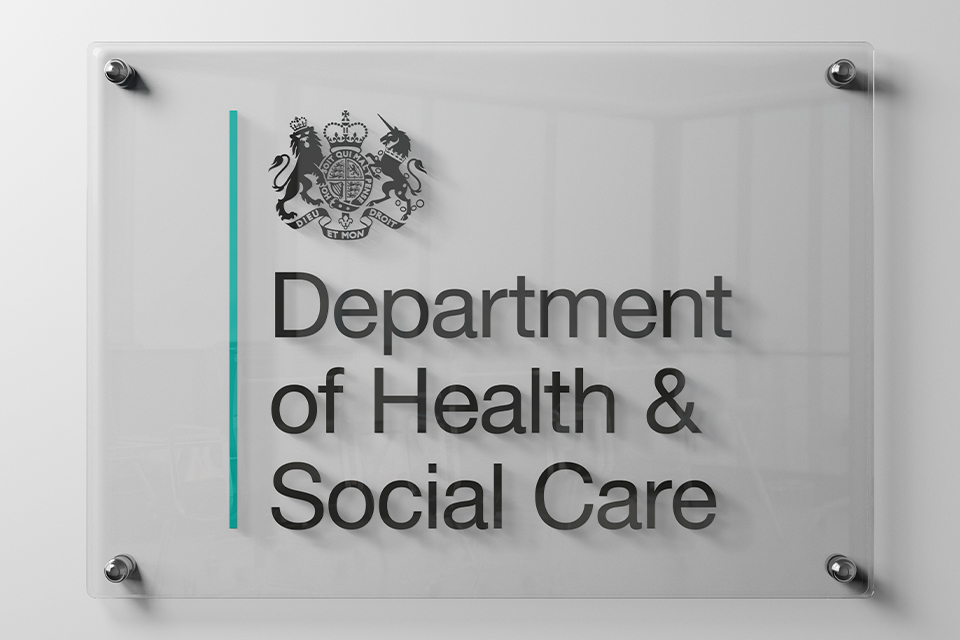CHIEF system is scheduled to close on 30 March, but PublicTechnology understands department will establish formal back-up plan to support firms that encounter difficulties in switching to new CDS platform
HM Revenue and Customs will create a process to support traders that are unable to switch to the UK’s new customs IT system by the scheduled March 20204 cut-off date, PublicTechnology understands.
The department is in the final months of a 10-year programme to develop and implement the Customs Declaration Service (CDS), which is replacing the outgoing 30-year-old CHIEF system. Import declarations have been processed via CDS since October 2022.
But the deadline for the UK’s tally of nearly 300,000 exporters to switch from the CHIEF to the new platform has been pushed back twice and is now slated for 30 March 2024 – a year later than originally planned. From that date, CHIEF is due to be shut down for good.
With just under five months to go until this happens, PublicTechnology understands that HMRC is in the process of developing a contingency support process for export declarations, in case some traders find themselves prevented from successfully migrating to CDS because of technical difficulties. It is not clear what such a process might look like – and if it might involve keeping the lights on at CHIEF a little longer still – but the department is expected to publish more details shortly.
The back-up plan may provide a degree of reassurance to the hundreds of traders that faced many months of difficulty in registering for CDS ahead of the deadline last year for migrating import declarations to the new platform. Registration issues are understood to have been caused, in many instances, by HMRC’s internal systems failing to correctly update firms’ details.
Related content
- HMRC warns over import delays with thousands of firms yet to move to new customs system
- Digital services central to plans for post-Brexit border
- HMRC ‘working to fix’ customs IT problems after months of issues with traders’ VAT statements
As the planned cut-off date neared, HMRC acknowledged the problems and indicated that affected traders could be granted extensions in using the CHIEF system for import declarations, where necessary.
PublicTechnology asked HMRC whether similarly extended use was likely to be required for exporters, and if this meant another delay in the closing down the CHIEF system.
A spokesperson said: “We are continuing to support traders to migrate to the Customs Declaration Service by Saturday 30 March 2024. After this date, export declarations should no longer be made through the CHIEF system.”
The comments were made in light of details contained in newly released documents related to delivery of HMRC’s Single Customs Programme, a £243m project launched last year with the remit of “building on the successful delivery of CDS live service… [to] improve live service and system stability [and] resilience”.
In a recent letter formally confirming the appointment of the programme’s senior responsible officer – HMRC’s director of border change delivery Sarah Hartley – the department set out a range of objectives for the project leader.
The targets suggested that CDS-migration work for traders featured on a special “exceptions list” – seemingly including both importers and exporters – may continue until June 2024, three months later than the current 30 March shutdown date CHIEF.
The letter’s stated objectives for the SRO include a requirement to “begin export migration in November 2023, hitting 20% of exporters migrated by December 23 with 80% of importers migrated by March 24” and to “design and communicate an exceptions list and manage that, to ensure that migration is finished by June 24”.
HMRC’s work to deliver CDS over the past decade has faced numerous major challenges, particularly following the 2016 Brexit referendum. The result of that process mean that, overnight, plans for the project – which was already three years into delivery – needed to account for a fivefold increase in declarations resulting from the UK’s exit from the European Union.
The initial plan was to build a platform capable of handling 100 million customs declarations annually – a figure comfortably in excess of the 55 million that were typically processed each year before the country left the EU. In the post-Brexit world, government expects the UK customs system to be required to process an annual total of about 250 million import and export declarations.
Government data shows that the current cumulative annual value of UK imports and exports is £1,785bn – equating to nearly £5bn of goods and services being processed by the national customs systems each day, including about £130m of food and drink being brought into the country. As well as the potential financial impact of any potential disruption to the tech platforms, there is also the risk of goods being delayed or stuck at the border.




